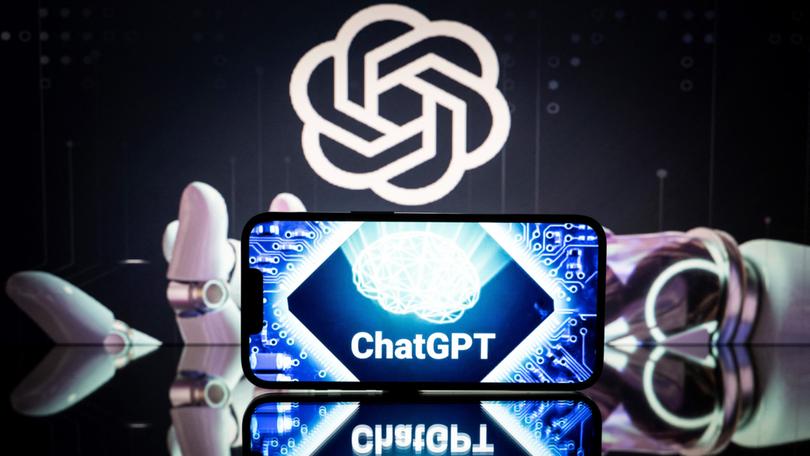In a bid to warn against the cut-paste conveniences of gaining marks, educational institutes in Ahmedabad have undertaken a drive to direct students in “creative and ethical use of AI tools.” The move comes close on heels of some universities in India blocking use of the same.
At School of Liberal Studies (SLS), Pandit Deendayal Energy University (PDEU), a discussion held on Tuesday, focussed on creative use of technology. Titled “Cyber-Human Co-Authorship Hands-On Session,” the workshop met with huge response.
“Banning anything only makes it even more lucrative. It is not a solution. The informal session on ChatGPT discussed ways to draw positives and use it as an inspiration to raise output levels. For instance, if Wordsworth and Coleridge could jointly co-author Lyrical Ballads, why can’t we also co-create genres of literature?” SLS director Nigam Dave mooted his point across.
Among the questions asked by students, the one raging across many minds was: “Would a student get credit for a paper co-authored with AI?” The reply not only answered the question but seems to precede what learning may shape up to be in the coming days: “Should the work be divorced from compete plagiarism, it may be considered worth credits,” was Dave’s reply.
He, however clarified, that when it comes to research and thesis, UGC norms are followed. In absence of any concrete mechanism to check what is taken from the AI platforms, it is always wise for institutes to up student’s morale to follow the ethical route to academics.
According to S. Shanthakumar, Director, Gujarat National Law University, AI-based tools are here to stay and there is a need to encourage new technology to produce industry-ready professionals. “This is a dynamic world. As technology evolves, we, too, need to adapt to remain relevant. We need to find creative ways of assessment that will challenge students to use every tool available to solve a given problem,” he opined.
One of the ways to combat copy-paste job, he believes, is to have more in-class assignments, discussions and oral examinations to test student’s learning and lessen take-home, open book assignments.
For Dr Githa Heggde, Dean, MICA Ahmedabad, any new technology brings about challenges. “ChatGPT has opened up radical possibilities for solving existing problems. At MICA, we are actively looking at working with ChatGPT. This, without affecting the academic validity,” as she put it.
Authorities at MICA believe that exposing the academic community to tools like ChatGPT and exposing them to their vulnerabilities will create a space for innovations. “Let the ChatGPT solve a problem in class, and students identify where to contribute and add innovation to ChatGPT findings,” she added.
Director of Dhirubhai Ambani Institute of Information and Communication Technology (DAIICT) K.S. Dasgupta also underlined that the threat is from within. As he said: “If the students are prepped well, AI doesn’t pose a threat. Blocking it is not a solution. Our procedures are strong enough to check assignments to ensure there is no direct content-lifting.”
Also Read: Revised Jantri Rates To Increase Revenue Income In Gujarat Budget Outlay












